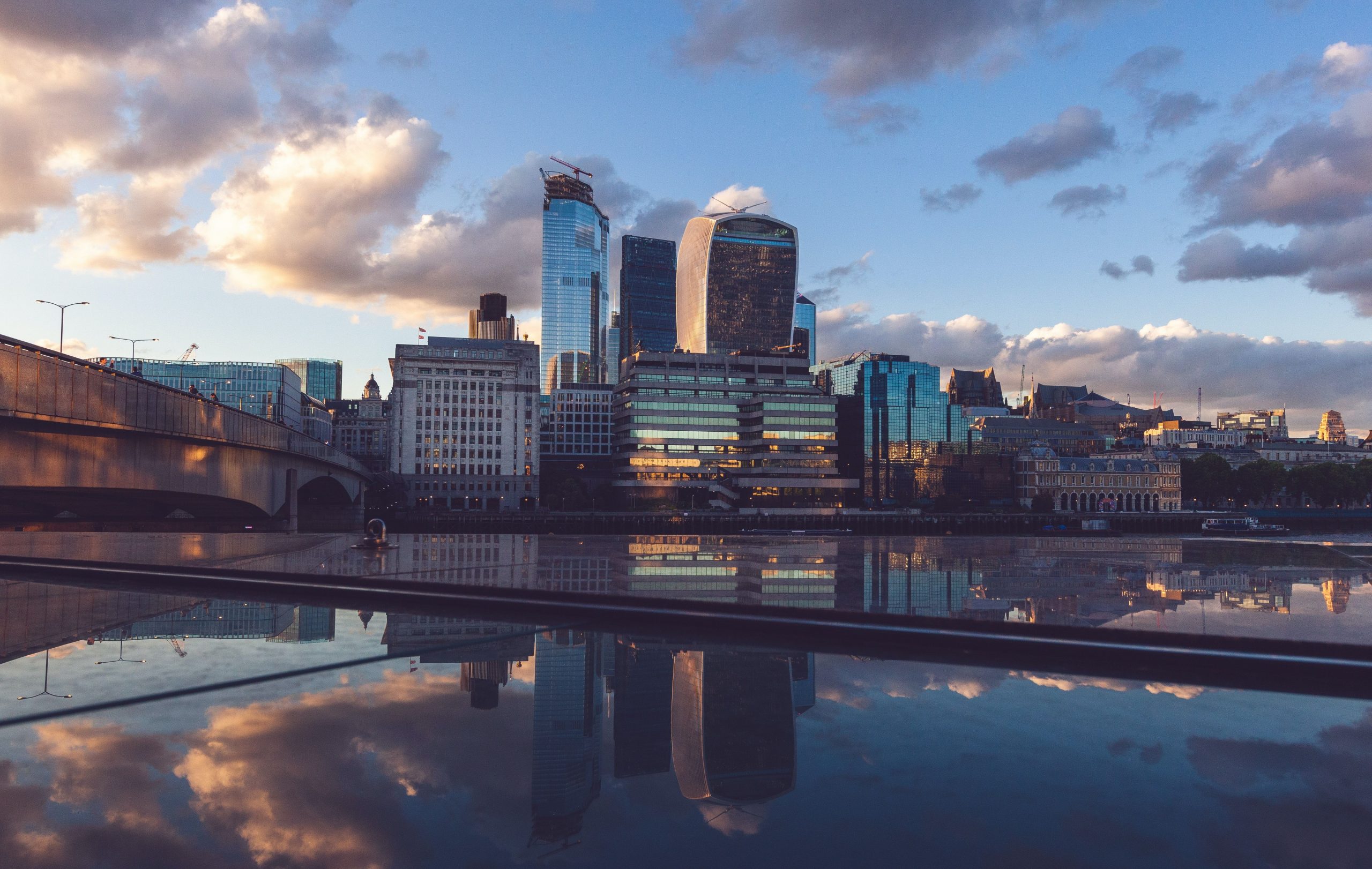Liz Truss has won the election that would decide the next Conservative Party leader and consequently, is set to become the Prime Minister of the United Kingdom.
During her victory speech in London, Truss thanked her predecessor Boris Johnson and said that she had “campaigned as a Conservative” and that she would “govern as a Conservative.” Prior to the elections, both Truss and her defeated rival, former finance minister Rishi Sunak had campaigned saying that they would tackle the ongoing cost of living crisis. During her speech, Truss made mention of how she would “deliver on the energy crisis, dealing with people’s energy bills, but also dealing with the long-term.”
What is the cost of living crisis?
A UK think tank by the name of Institute for Government, has defined the cost of living crisis in the country as, “the fall in real disposable incomes (adjusted for inflation and after taxes and benefits) that the UK has experienced since late 2021. The increasing prices have affected those belonging to low-income households the most.
The cost of living in the UK shot up after the prices of many essential goods increased much faster than household income, partly because of inflation in the country, but also partly because of global factors. Ongoing events like the COVID-19 pandemic, shipping delays, high cost of oil and a chip shortage have all contributed to the hike in prices in the country. While these issues have contributed roughly 80% to the cost of living crisis, the rest come from events endemic to the UK.
Prime amongst the factors that have led to increased inflation in the country has been Brexit, where the UK officially left the European Union in January 2020. In addition, energy prices shot up after the Office of Gas and Electricity Markets increased the household energy price cap by 54%, along with an increase in National Insurance and a hike in Council Tax as well. The UK in particular has been sensitive to energy market fluctuations given its lack of sufficient long-term gas storage facilities.
Meanwhile, wages have not kept pace with the rising costs of goods and services. The government did approve a 6.6% increase in wages last year, which was implemented in April 2022.
In addition, the government had announced a £650 payment to 8 million of the lowest income households, a £400 discount on energy bills and £150 refund on council tax. The Bank of England had said in July this year that inflation had reached 10%, the highest in 40 years and was expected to settle at 13% by the end of the year.







